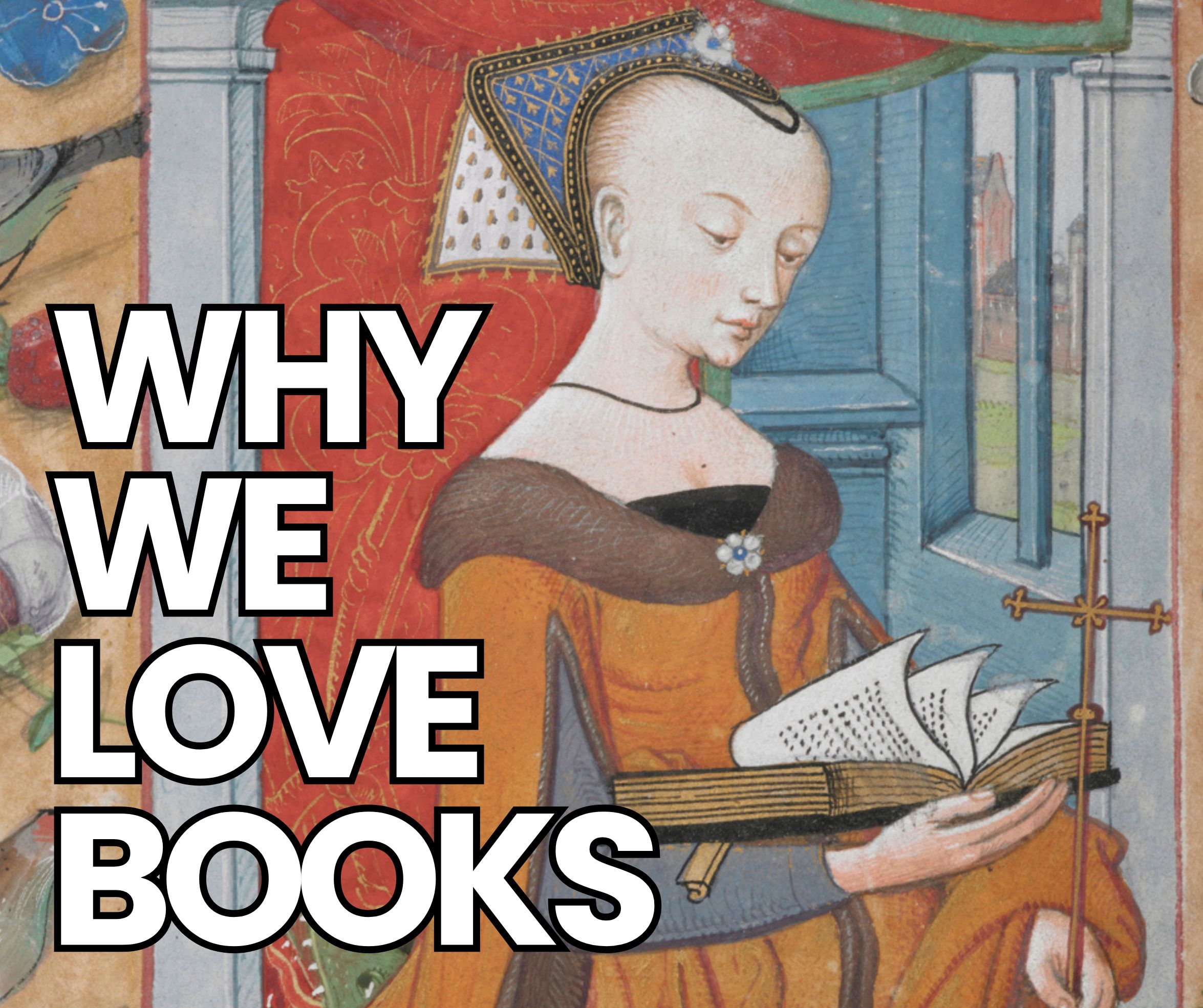
"In books I find the dead as if they were alive; in books I foresee things to come; in books warlike affairs are set forth; from books come forth the laws of peace. All things are corrupted and decay in time; Saturn ceases not to devour the children that he generates; all the glory of the world would be buried in oblivion, unless God had provided mortals with the remedy of books."
"No dearness of price ought to hinder a man from the buying of books, if he has the money that is demanded for them, unless it be to withstand the malice of the seller or to await a more favourable opportunity of buying. For if it is wisdom only that makes the price of books, which is an infinite treasure to mankind, and if the value of books is unspeakable, as the premises show, how shall the bargain be shown to be dear where an infinite good is being bought?"
Richard de Bury celebrated the magic of books and wrote Philobiblon in 1344 near the end of his life. He regarded books as "vessels of reason" that preserve voices of the dead, foresee the future, present warlike affairs, and produce laws of peace. He taught that books prevent the oblivion of human glory and act as remedies against decay. He insisted that wisdom carried by books justifies their cost, seeing manuscripts as priceless treasures despite their expense. He portrayed books as guardians of wisdom, companions in fortune and hardship, and objects deserving careful collection and preservation.
Read at Medievalists.net
Unable to calculate read time
Collection
[
|
...
]